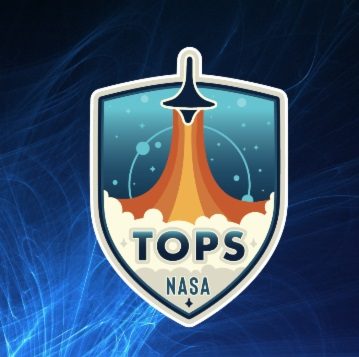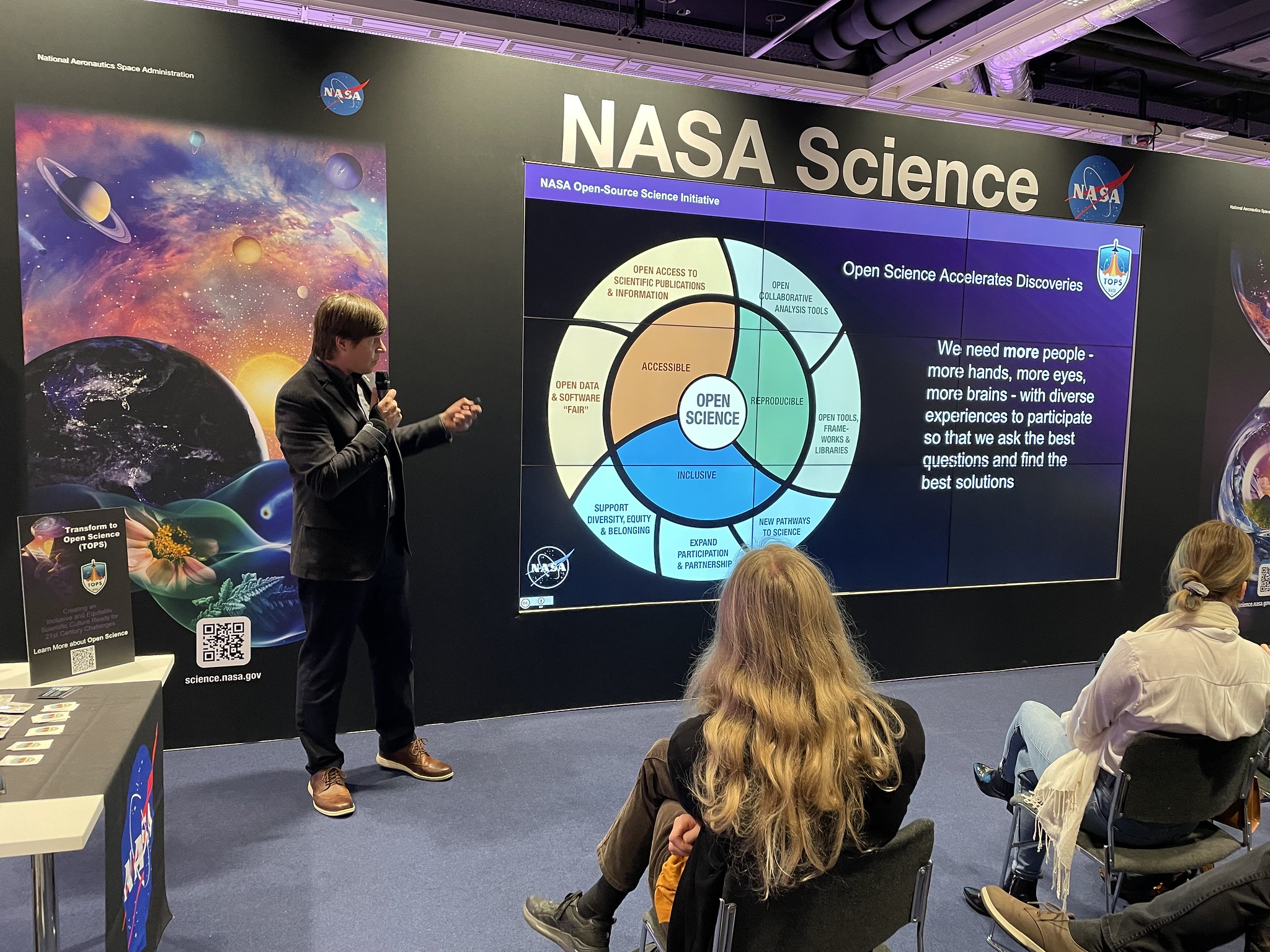The Office of the Chief Science Data Officer (OCSDO) within NASA’s Science Mission Directorate (SMD) plays a pivotal role in advancing transformative science. Established in 2021, the OCSDO focuses on identifying and fostering collaborations in data, computing and analytics across NASA’s astrophysics, biological and physical sciences, Earth science, heliophysics, and planetary science divisions.
Led by Kevin Murphy, Chief Science Data Officer, the OCSDO collaborates with the five science divisions within the SMD to drive innovation in artificial intelligence, cloud computing and data science. The OCSDO is committed to fostering cutting-edge data practices, open science, and the continuous evolution of scientific data and computing systems. By ensuring NASA’s scientific data are accessible and usable by researchers world wide, the OCSDO contributes significantly to scientific progress.
Mission Statement
The OCSDO advances NASA’s unique science missions and enables groundbreaking discoveries by supporting innovative data science and expanding the accessibility of scientific information through open practices.
Goals
- Develop and implement innovative data science techniques to drive scientific discoveries and maximize research impact.
- Continuously evolve data and computing systems for efficiency, sustainability, security, and scientific integrity.
- Enable scientific communities in adopting open science best practices for improving rigor, reproducibility, security, and enabling partnerships for innovation.
Objectives
- Data Accessibility: Develop and oversee programs and projects to ensure that NASA’s science data are accessible to all, producing practical benefits for society.
- Policy Implementation: Enable the adoption, monitor effectiveness of and periodically update the Scientific Information Policy for the Science Mission Directorate (SMD Policy Document SPD-41a).
- Technological Evolution: Oversee the continuous evolution of SMD’s scientific data and computing capabilities, enabling efficiencies and meeting strategic needs across science divisions and research communities.
- Advanced Data Science: Develop strategies and activities to support the use of advanced data science techniques, including AI/ML, to meet SMD's science objectives.
- Strategic Planning: Maintain and update the SMD Strategic Plan for Data Management and Computing every five years.
- Partnerships: Develop and maintain strategic partnerships to increase the adoption of open science and the use of advanced data science tools and techniques to drive scientific discovery.











